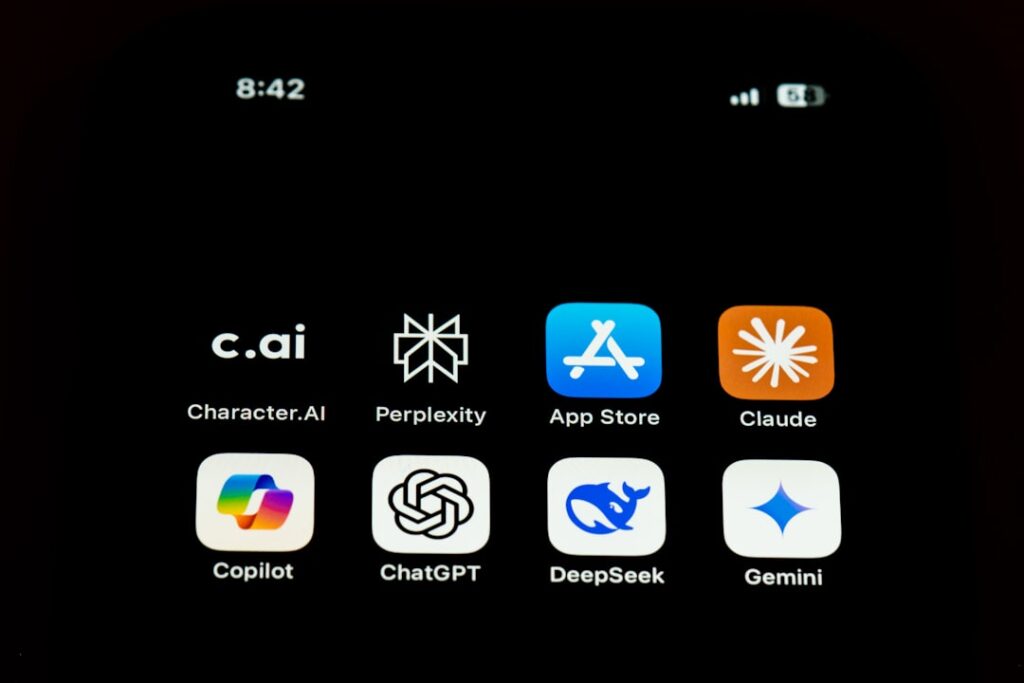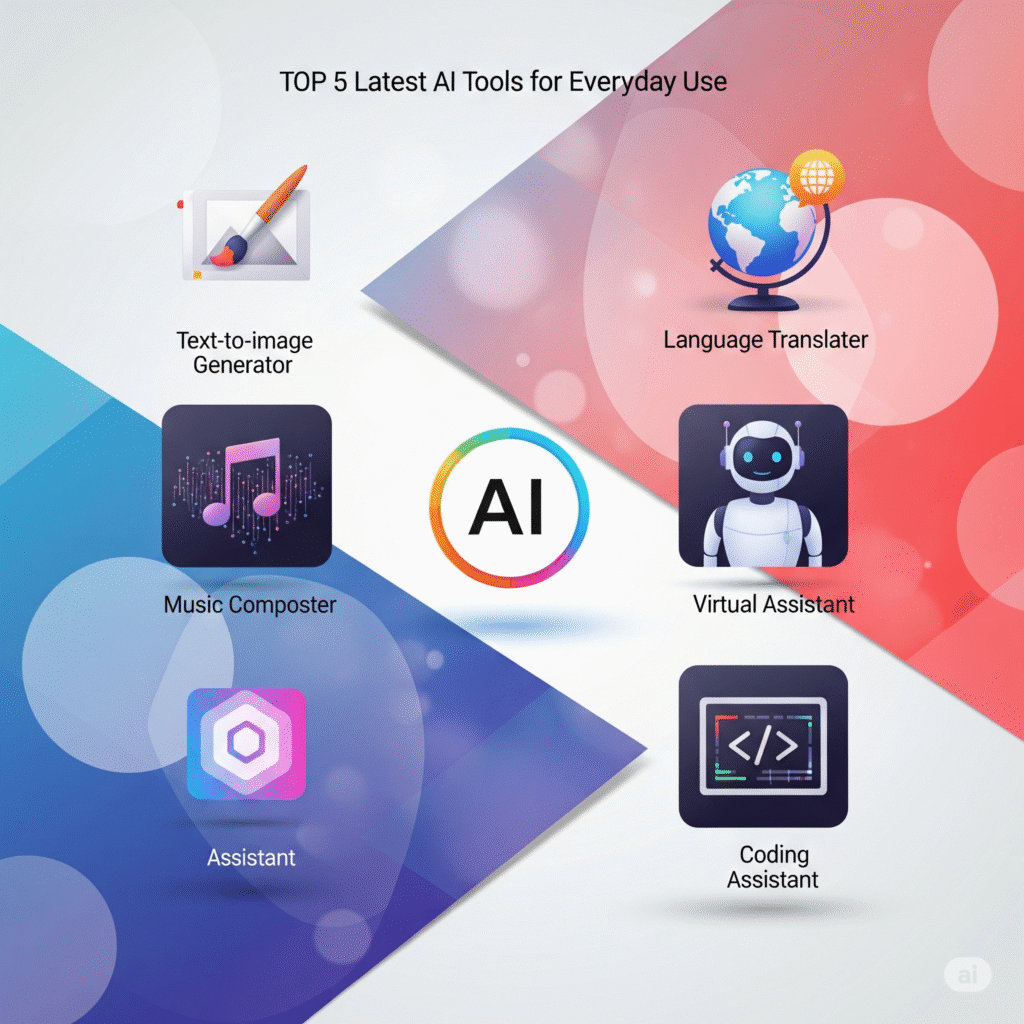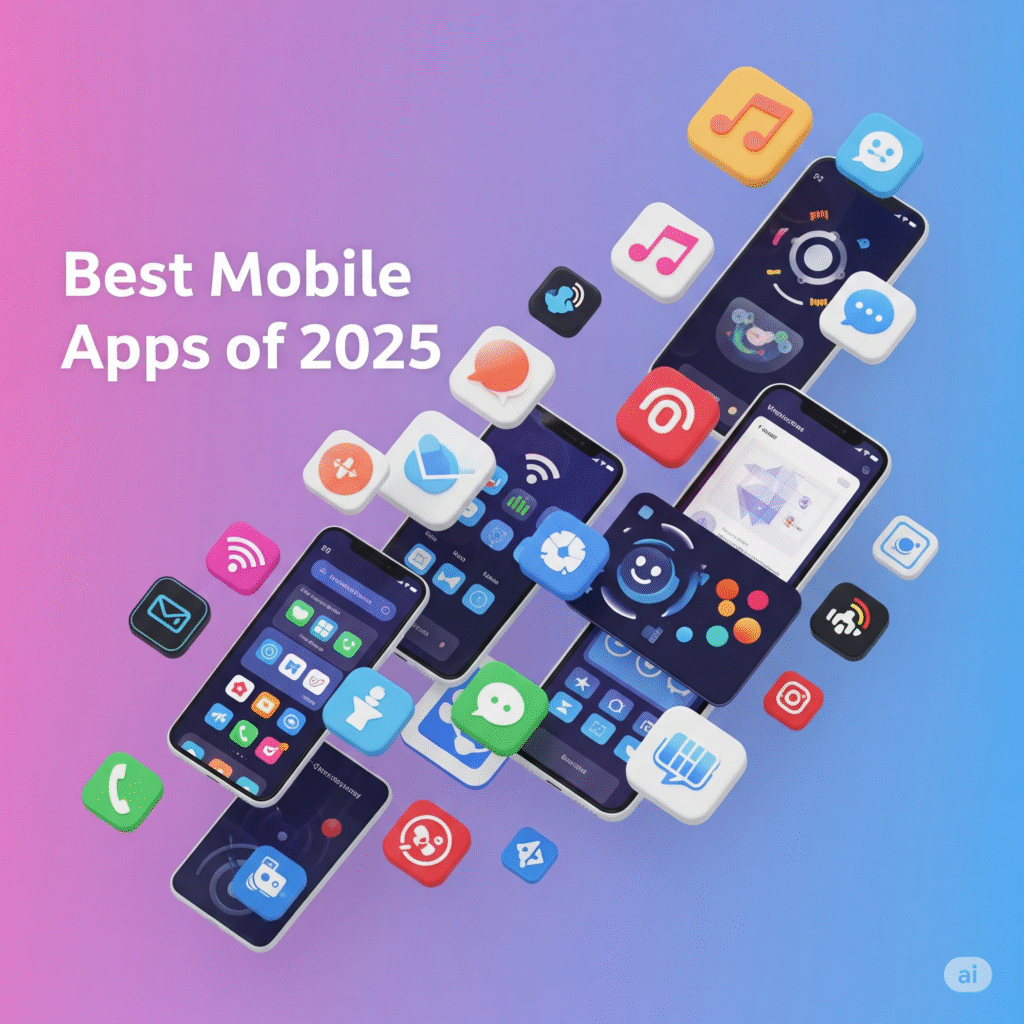AI Tools for Education: Revolutionizing Learning with AI Education Apps
In today’s digital world, the integration of technology in education is transforming traditional learning environments. One of the most significant advancements in this area is the emergence of AI education apps. These innovative tools are designed to enhance educational experiences, making learning more personalized, efficient, and engaging for students of all ages.
What are AI Education Apps?
AI education apps leverage artificial intelligence to provide tailored educational resources and learning experiences. They use data analytics, machine learning, and intelligent algorithms to adapt to individual student needs, ensuring that learning becomes more effective. From language learning to math tutoring, these apps cater to various subjects and learning styles.
Benefits of Using AI Education Apps
Personalized Learning Experience
One of the standout features of AI education apps is their ability to personalize learning. By analyzing performance data, these apps can identify strengths and weaknesses, allowing teachers and students to focus on areas that require improvement. This tailored approach leads to a more effective learning journey.
Accessibility and Convenience
AI education apps provide unprecedented access to learning materials. Students can learn at their own pace, anytime and anywhere, making it easier for individuals with different schedules or commitments to engage with educational content. This flexibility helps cultivate a lifelong learning mindset.
Popular AI Education Apps
With the growing interest in AI tools for education, numerous apps have emerged, each designed to address specific learning needs. Here are a few noteworthy options:
- Duolingo: A premier language learning app that utilizes AI algorithms to adapt lessons based on user performance, making language acquisition fun and engaging.
- Khan Academy: Offers personalized learning paths and serves students through a combination of video lessons and practice exercises tailored to individual student needs.
- Photomath: This app utilizes AI to solve math problems by simply taking a picture of them and provides step-by-step explanations, making math more approachable.
- Quizlet: An AI-driven study tool that helps students learn through flashcards and games, adapting to their learning pace and style.
How to Choose the Right AI Education App
When selecting the best AI education app suitable for your needs or your child’s, consider the following factors:
Age Appropriateness
Ensure the app’s content is suitable for the user’s age group. Some apps are designed specifically for younger children, while others may cater to high school or adult learners.
Subject Focus
Identify the educational needs—whether language learning, math, science, or test preparation—and choose an app that aligns with the specific subject area.
User Reviews and Ratings
Research user feedback and ratings on app stores, as they provide insight into the effectiveness and user experience of the app. This can be pivotal in making an informed choice.
Cost
While many AI education apps are free, others may come with fees for additional features or access. Analyze what fits your budget and the educational value offered.
Future of AI in Education
The potential for AI tools in education is immense as technology continues to evolve. Future developments may include even more sophisticated personalization methods, enhanced analytics for educators, and global connectivity that fosters collaborative learning experiences across borders. Moreover, AI could play a crucial role in identifying learning disabilities early, enabling timely interventions.
Conclusion
The rise of AI education apps signifies a revolutionary change in the way we approach learning. By providing personalized, accessible, and engaging educational experiences, these tools empower students to take control of their learning journey. As we move forward, embracing AI in education will be essential in creating a more effective learning environment for future generations.
Benefits of AI Education Apps
AI education apps offer a multitude of benefits that enhance the learning experience for both students and educators. One significant advantage is personalized learning. These applications can analyze individual learning patterns and adapt content to meet the specific needs of each student. This tailored approach helps students grasp complex concepts at their own pace, leading to better comprehension and retention of information.
Enhancements in Engagement
Moreover, AI education apps increase student engagement through interactive and gamified learning experiences. By integrating game-like elements, these tools can motivate learners and encourage participation. Students are more likely to stay engaged and motivated when they find educational activities enjoyable. This heightened engagement not only improves learning outcomes but also fosters a positive attitude towards education.
Challenges and Considerations
Despite their many advantages, the integration of AI education apps comes with challenges that educators must navigate. One concern is the reliance on technology. While these apps can significantly enhance the learning process, over-dependence may result in a lack of critical thinking and problem-solving skills. It is essential for educators to strike a balance between technology use and traditional teaching methods.
Data Privacy and Ethical Concerns
Another significant consideration is the data privacy of students. As AI education apps often collect and analyze data to improve learning experiences, it raises questions about how this data is managed and protected. Schools and developers must work together to ensure that ethical standards are upheld and that students’ personal information remains secure. By addressing these challenges, the benefits of AI education apps can be fully realized, paving the way for a more effective and inclusive educational landscape.


